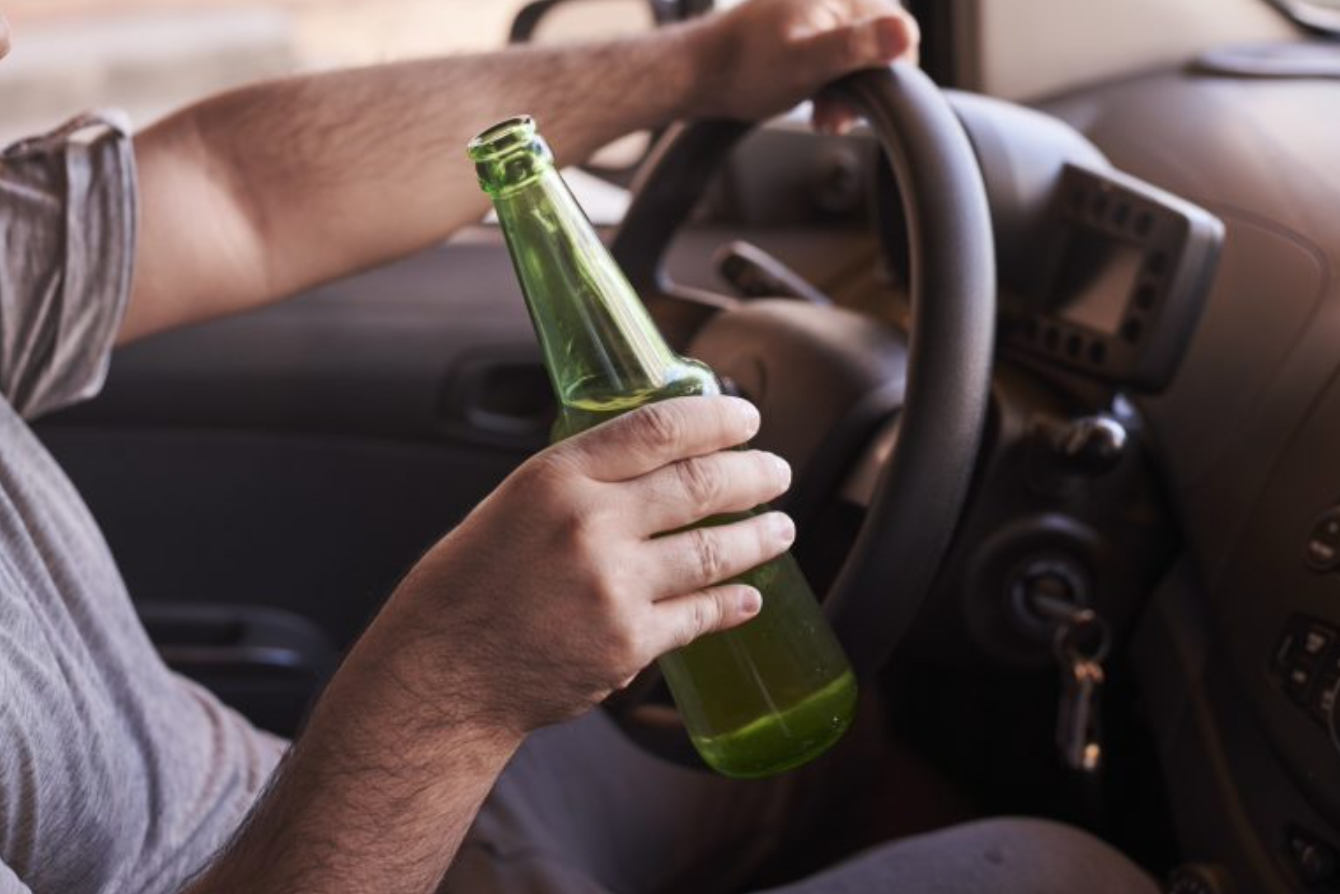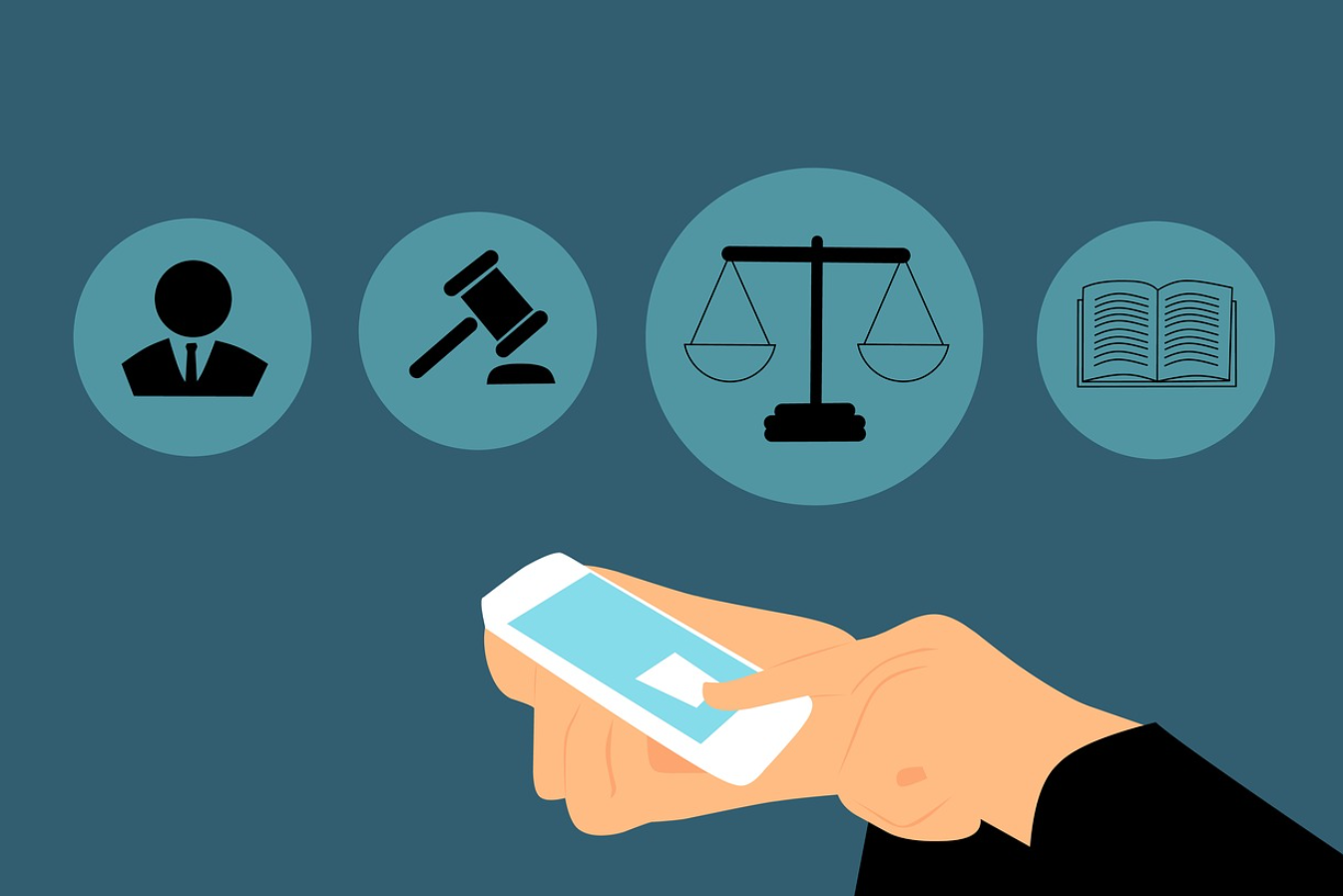Lawyers and victims alike can expect to see even more innovative tools that will make the fight against drunk driving more effective, efficient, and accessible.
Drunk driving continues to be a serious issue that affects millions each year. In the U.S., nearly 30 people die every day in drunk driving accidents, according to the National Highway Traffic Safety Administration (NHTSA). While traditional methods of handling drunk driving cases rely on manual labor, investigation, and documentation, recent advancements in legal technology are providing both lawyers and victims with powerful tools that enhance the fight against these preventable incidents. Legal tech is revolutionizing how drunk driving cases are approached, making processes more efficient, accessible, and effective. This blog explores the impact of legal technology on DUI cases and how it benefits both the victims and the legal professionals working on their behalf.
The Growing Problem of Drunk Driving
According to one legal practice, drunk driving has remained a critical issue despite years of public awareness campaigns and stricter laws. According to the NHTSA, alcohol-impaired driving fatalities accounted for 28% of all motor vehicle crashes in 2020. These statistics underline the ongoing challenge of reducing DUI-related incidents. For lawyers, handling such cases often involves tedious work: gathering physical evidence, securing witness testimonies, and dealing with insurance companies that might attempt to undervalue claims. Additionally, law enforcement agencies frequently struggle with detecting alcohol impairment, relying on breathalyzers and field sobriety tests that can be inaccurate or disputed in court.
The stakes are high for victims of drunk driving accidents. Beyond physical injury, victims often face psychological trauma, financial instability, and prolonged legal battles. These complexities make it critical for legal professionals to have access to cutting-edge tools that can streamline the litigation process and maximize outcomes for clients.
Introduction to Legal Technology in Drunk Driving Cases
Legal technology has revolutionized the way attorneys approach drunk driving cases. Legal tech, which refers to the use of technology to provide legal services, includes a wide array of tools like case management software, AI-driven legal research platforms, and document automation systems. In DUI cases, these technologies can be pivotal in streamlining case workflows, managing evidence, and enhancing client communication.
AI-driven tools, for example, can analyze vast amounts of legal data, helping attorneys find precedents and case law faster than traditional methods. Case management software assists in organizing and tracking case progress, ensuring that deadlines are met and necessary documents are filed. E-discovery platforms allow for faster and more accurate document retrieval, and automation tools help lawyers draft legal documents with minimal manual input. By reducing the time spent on administrative tasks, lawyers can focus on more important aspects of the case, such as developing effective legal strategies and supporting their clients.
How Legal Tech Helps Lawyers in Drunk Driving Cases
Legal technology makes life easier for lawyers handling drunk driving cases. One major advancement is the use of AI to assist in case analysis. With AI, attorneys can quickly access case precedents and identify patterns from previous drunk driving cases, helping them build stronger arguments for their clients. These tools can also predict possible case outcomes based on historical data, allowing lawyers to make better-informed decisions and improve case strategy.
Moreover, case management systems offer practical solutions for managing case documentation. Lawyers can access case files, medical records, and other critical documents in one centralized location, reducing the chances of lost or misplaced evidence. These systems also enable seamless communication between attorneys, clients, and experts, which is essential in complex DUI cases. With cloud-based systems, data is stored securely and is accessible from anywhere, allowing legal professionals to work remotely or collaborate with experts in real time.
Furthermore, digital evidence collection tools like dashcams, wearable devices, and mobile apps are now part of many DUI investigations. These technologies provide objective, real-time data that can make a significant difference in the legal process. For instance, wearable devices can track a driver’s alcohol levels before an incident occurs, providing irrefutable proof of impairment in court.
Empowering Victims with Legal Tech
Legal tech also plays an essential role in empowering victims of drunk driving accidents. One of the key ways technology helps is by providing victims with easier access to legal representation. Online platforms allow individuals to connect with experienced DUI lawyers quickly and securely, even in emergency situations. Victims can schedule consultations, upload accident details, and communicate with their legal teams without the need for in-person meetings, which can be especially beneficial if they are dealing with injuries or trauma.

Digital tools also make the process of gathering and presenting evidence more efficient. Victims can use smartphone apps to collect real-time evidence, such as photographing accident scenes, documenting injuries, or recording witness statements. Additionally, in some cases, wearable technology like smartwatches can collect data on alcohol levels or physical activity, further corroborating claims made by victims. This data can be crucial in building a case, as it helps establish the extent of impairment and can influence the settlement process.
Furthermore, some legal platforms have integrated artificial intelligence to assist victims with understanding their legal rights and navigate the claims process. These platforms provide automated legal advice, offer insights into compensation options, and even guide users through the steps of filing insurance claims or personal injury lawsuits.
Case Studies and Success Stories
There are numerous examples where legal technology has played a crucial role in the success of drunk driving cases. In a 2021 case, AI-powered legal research tools enabled a law firm to uncover a series of prior DUI convictions in a defendant’s record, strengthening the case for punitive damages. Similarly, in a high-profile accident case, dashcam footage captured by a bystander’s camera helped corroborate the victim’s claims that the driver was intoxicated, leading to a swift legal victory.
One particular success story comes from a firm that utilized document automation tools to prepare and file a complex claim for a victim of a severe DUI accident. The automation not only cut down on time spent drafting documents but also improved the accuracy of the filings, ensuring that all legal requirements were met. As a result, the case was resolved faster than anticipated, with the victim receiving a higher settlement.
Looking to the future, the role of technology in the legal industry will only continue to grow. We can expect even more sophisticated tools designed to streamline case management, improve communication, and further democratize access to legal resources, making the legal process more efficient and transparent for all parties involved.
Conclusion
Legal technology is playing an increasingly important role in shaping the future of DUI cases. By enabling lawyers to manage cases more effectively, access better evidence, and make data-driven decisions, legal tech is transforming how drunk driving cases are approached. Additionally, it provides victims with valuable resources to help them navigate the legal system, ensuring they receive the compensation and justice they deserve.
As technology continues to evolve, it’s clear that its potential to enhance legal practices will only grow. Lawyers and victims alike can expect to see even more innovative tools that will make the fight against drunk driving more effective, efficient, and accessible. By embracing legal tech, we can continue to push for a future where drunk driving accidents are prevented, and those affected are empowered to seek justice.


Join the conversation!